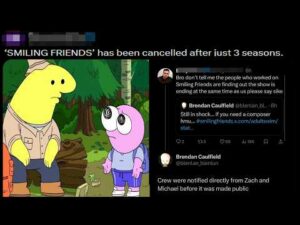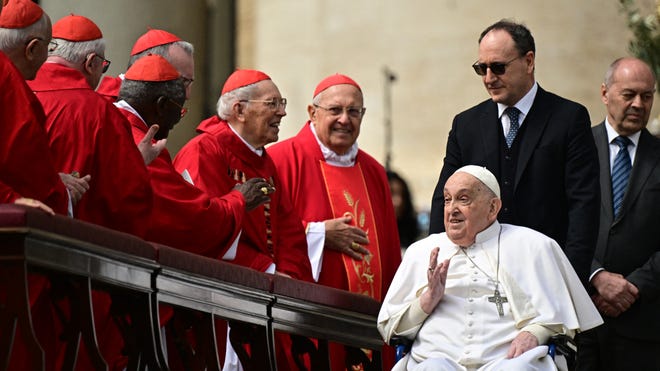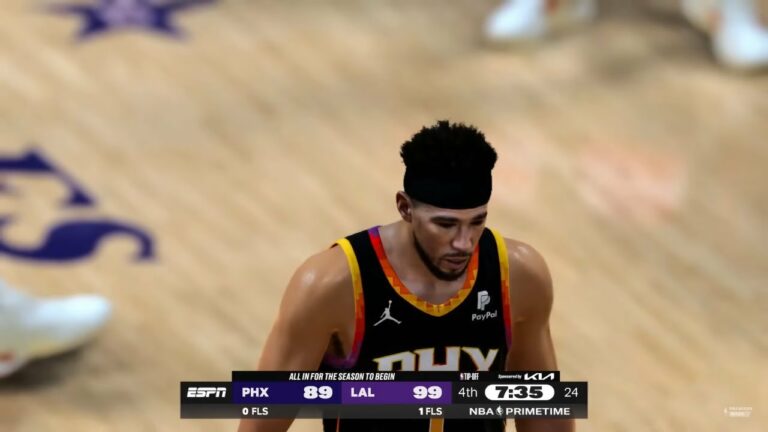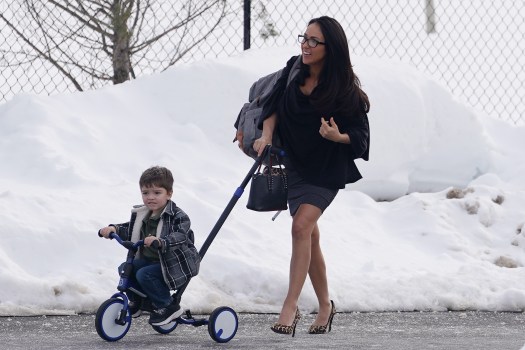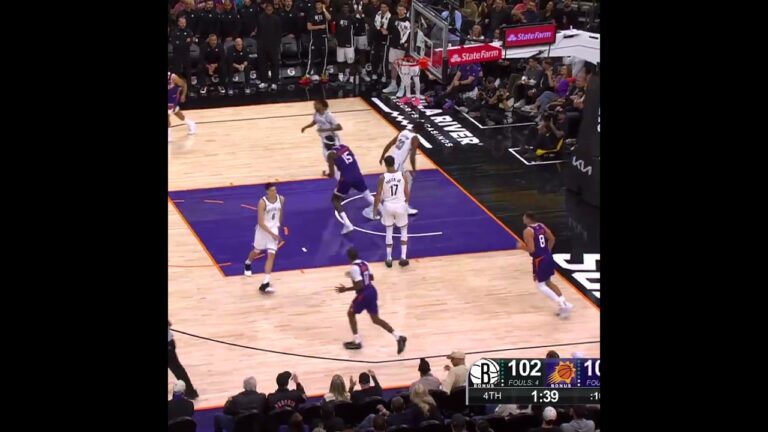The Vatican Conclave: What to Expect from the Cardinals and Pope Francis
The Vatican Conclave is one of the most significant events in the Catholic Church, marking the moment when cardinals gather to elect a new pope. As the world watches with bated breath, the focus inevitably turns to the role of the Cardinals involved in this sacred duty and the ongoing legacy of Pope Francis. This blog post delves into the dynamics of the Vatican Conclave, the cardinals who will participate, and the profound implications for the Catholic Church as a whole.
Understanding the Vatican Conclave
The term “conclave” comes from the Latin conclavis, meaning “locked room.” This refers to the closed-door nature of the meeting where cardinals, the senior ecclesiastical leaders in the Catholic Church, assemble to elect a new pope when the papal seat becomes vacant.
Throughout history, conclaves have had their unique circumstances, influenced by political, social, and religious factors. The last conclave, which took place in March 2013, resulted in the election of Pope Francis, a pivotal figure in the modern Church.
Who Are the Cardinals Voting in the Upcoming Conclave?
The cardinal electorate is made up of cardinals under the age of 80 at the time of the papal vacancy. These cardinals have not only been chosen for their spiritual leadership but also for their significant roles within the Church and broader society. Notably, they reflect a diverse range of geographies, backgrounds, and experiences. Cardinal Joseph Tobin, for instance, is known for his progressive stance on social issues, while others may hold more traditional views. You can read more about specific participating cardinals, such as Cardinal Wilton Gregory from Washington, D.C., and his connections to other regions, including Georgia, in this insightful article from SavannahNow.
The Influence of Pope Francis
Pope Francis has played a transformative role in the Catholic Church over the last decade. His focus on social justice, environmental issues, and interfaith dialogue has resonated with many and positioned him as a somewhat progressive pope amidst a often conservative hierarchy. As conclave approaches, many speculate on how his legacy will influence the candidates presented. Will the next pope be someone who continues the path laid by Francis, or will there be a shift back to more traditional values? This ongoing debate will undeniably shape the election process.
Challenges and Opportunities Ahead
As the next conclave unfolds, the Catholic Church stands at a crossroads. The COVID-19 pandemic has significantly impacted church attendance and engagement, leading many leaders to reconsider how they reach out to their communities. The next pope will need to address these challenges while leveraging opportunities for renewal and modernization within the Church. The desire for a more inclusive, engaging church has never been stronger.
What Does This Mean for the Future?
The upcoming conclave symbolizes not just a transition in leadership but also a chance for reevaluation of the Church’s direction and impact. Cardinals are aware of the issues at hand, such as increasing secularism, declining membership, and the need for modernization. The individual chosen during this conclave will likely face pressures to adapt the Church’s message and approaches to meet contemporary needs.
Anecdotes from Previous Conclaves
Reflecting on the history of conclaves, both the stirring events leading to the election of Pope Francis and the more traditional selections underscore the weight of this moment. The atmosphere can be filled with tension as cardinals weigh their options and seek guidance through prayer and reflection. The choices they make now could resonate for generations to come, defining the Catholic experience for millions across the globe.
Final Thoughts
As we approach the next Vatican Conclave, it’s essential to recognize the significance of the process not just for Catholics, but for our global society. The implications of the decision made within the conclave will bear weight on issues of morality, ethics, and community leadership in the broader world. Observers from various sectors will be keenly following the dynamics of this historically rich gathering, hoping to understand not only who the new leader will be but what direction the Church will take in the coming years.



